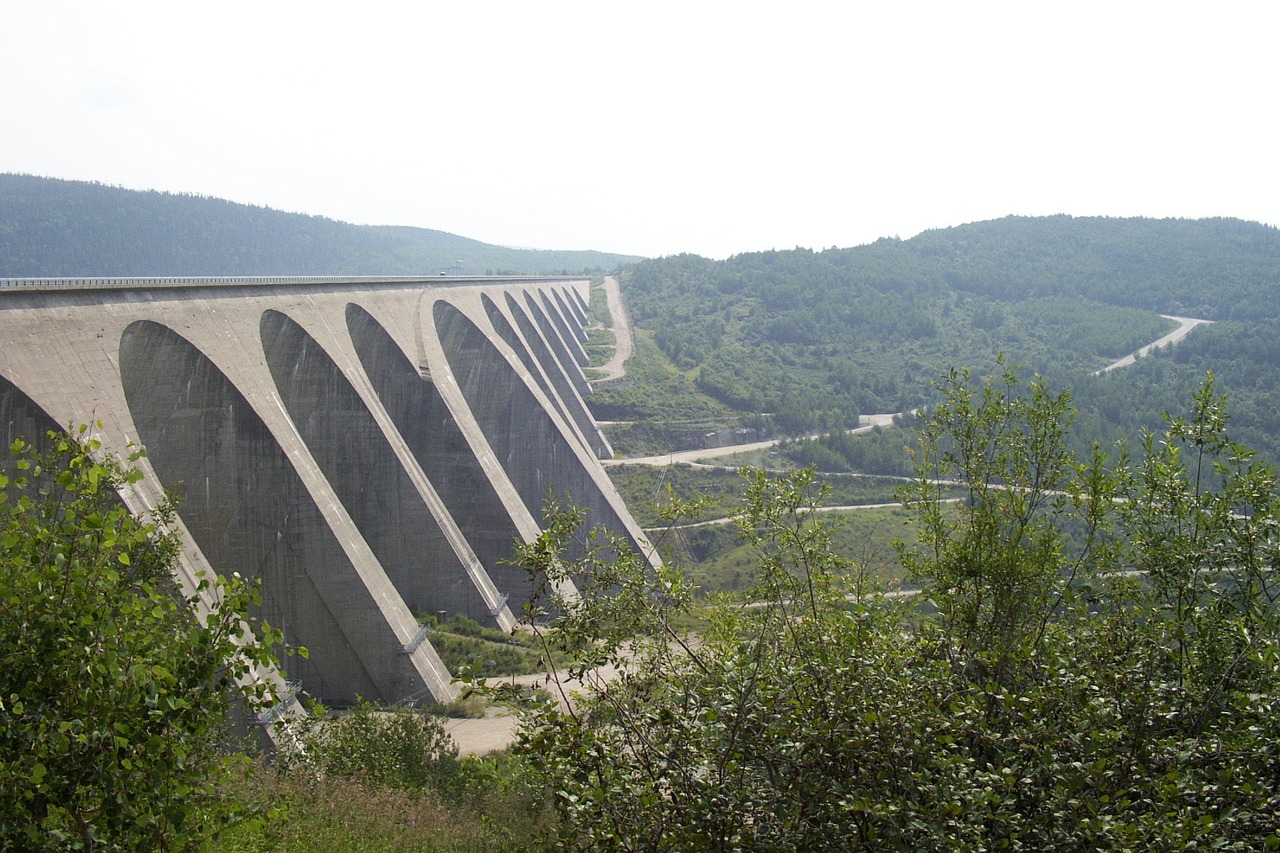Quebec Senator Advocates for Green Financial Practices
May 27, 2024 – Independent Senator Rosa Galvez from Quebec is championing a groundbreaking initiative to compel Canadian financial institutions to prioritize climate change mitigation. Her proposed legislation, the Climate-Aligned Finance Act, aims to redirect banks and pension funds away from high-emission investments, such as those in the oil and gas sectors.
Introduced over two years ago, the Climate-Aligned Finance Act seeks to enhance regulatory oversight of financial institutions’ climate plans and reduce the influence of fossil fuel executives on their boards. The bill would classify fossil fuel projects as high-risk, thereby increasing the capital requirements and potentially the interest rates for loans to these sectors.
Despite its slow progress, with the Senate banking committee only beginning to hear from witnesses late last year, the bill is generating crucial discussions about the financial sector’s role in combating climate change.
Galvez, appointed to the Senate in 2016, brings a wealth of experience as an engineer and professor at Université Laval à Québec. She has researched the impact of oil spills, including the Lac Megantic rail disaster, and has consulted on protecting major water bodies like the Great Lakes and the St. Lawrence River. Her focus in the Senate has shifted to the finance sector, which she believes is pivotal in driving the transition to renewable energy.
“You come to the conclusion that the part that is missing is the finance sector, which actually should be the first sector in order to start obtaining results,” Galvez stated in a recent interview.
The proposed legislation would empower the Office of the Superintendent of Financial Institutions (OSFI) to more rigorously oversee financial institutions’ climate plans. It would mandate that projects in high-emission sectors be deemed high risk, reflecting the potential for assets to become “stranded” in a low-carbon economy.
Olaf Weber, a sustainable finance professor at York University’s Schulich School of Business, supports this approach, noting that long-term loans to fossil fuel companies carry significant risks due to potential declines in demand and increasing carbon costs.
The Climate-Aligned Finance Act has garnered support from environmental groups and some Liberal, NDP, and Bloc Quebecois MPs. However, it faces resistance from financial institutions, which remain substantial financiers of global fossil fuel projects. A recent report revealed that Canada’s leading banks invested a combined $103.85 billion USD into fossil fuel projects worldwide in 2023.
While Galvez acknowledges that the bill is unlikely to become law imminently, she emphasizes the importance of sparking debate about the finance sector’s climate responsibilities. “I’m not asking for the moon,” she said. “I don’t want the bill to be passed just like that, or to be rejected just like that.”
For more updates on this legislative effort and its implications for the finance sector and climate policy, stay tuned.



